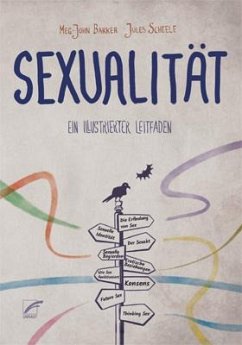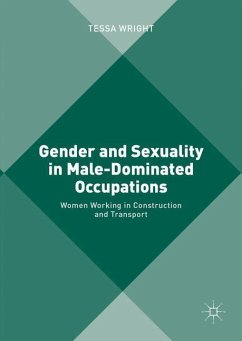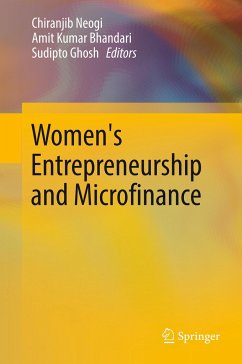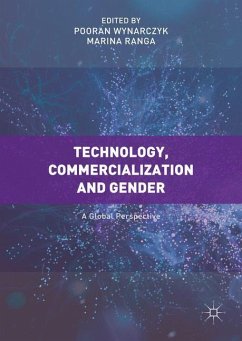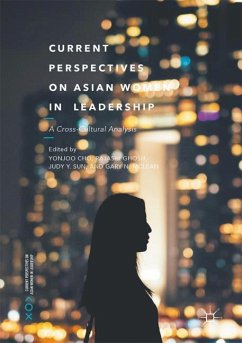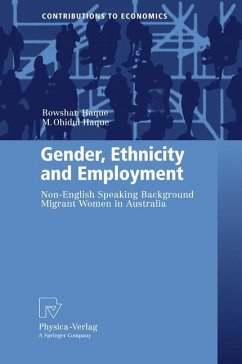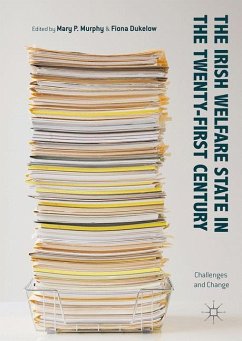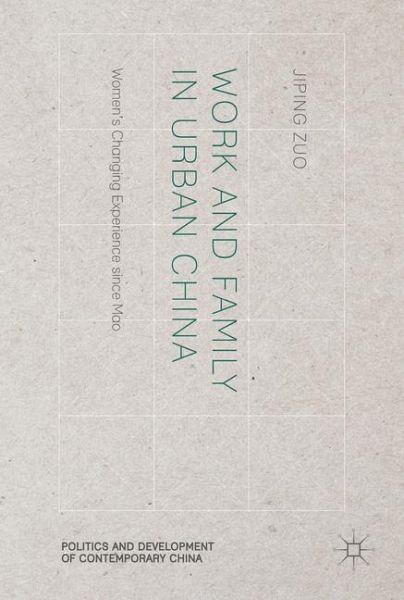
Work and Family in Urban China
Women's Changing Experience since Mao

PAYBACK Punkte
34 °P sammeln!
This book examines a three-way interaction among market, state, and family in China's recent market reform. It depicts transformations in urban women's experiences with both paid and non-paid domestic work. The book challenges China's free-market approach and demonstrates its negative impacts on women's work and family experiences by revealing labor commodification processes and work-to-family conflicts as the state abandons its commitment to public welfare. Using interview data collected from 165 women of three different cohorts in urban China during the 2000-2008 period, this study uncovers ...
This book examines a three-way interaction among market, state, and family in China's recent market reform. It depicts transformations in urban women's experiences with both paid and non-paid domestic work. The book challenges China's free-market approach and demonstrates its negative impacts on women's work and family experiences by revealing labor commodification processes and work-to-family conflicts as the state abandons its commitment to public welfare. Using interview data collected from 165 women of three different cohorts in urban China during the 2000-2008 period, this study uncovers the revival of traditional gendered family roles among urban women and men as one of their strategies to resist market brutality and their struggles to balance work and family demands. The book also explores urban women's non-market definitions of marital equality, and highlights theoretical and policy implications concerning market efficiency, marital equality, and the state's role in protectingpublic good.







